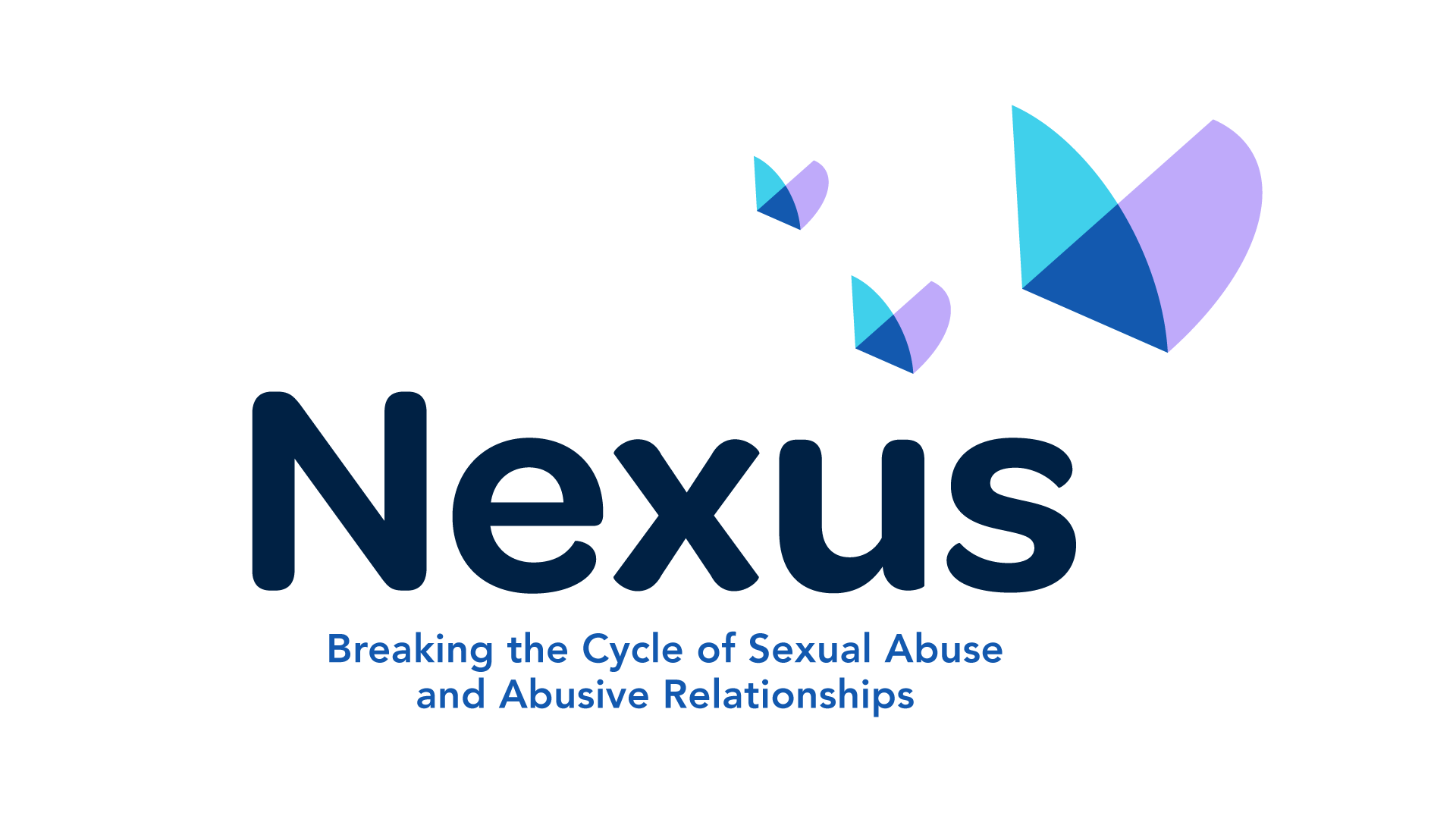The problem of exploitation is increasingly entering our collective public consciousness through main stream media, internet, documentaries, research and so on. We are learning and understanding more about exploitation, but do we feel confident we could identify when someone (included ourselves) is being exploited in the “real world”.
What do we mean by exploitation?
Someone will be exploited when they are taken advantage of, by the abuser for the abuser’s benefit/gain. It is a form of abuse which can affect anyone from any background or at any age. It can involve multiple offenders and victims, happen online, offline or a combination of both.
There are many types of exploitation from modern slavery, trafficking, forced labour, to sexual exploitation, domestic and sexual violence, forced marriage or forced criminal activity. It is complex, frightening, and the effect on the victim can be traumatic and significant.
How can we recognise exploitation?
It’s important to understand the processes which make exploitation so hard to identify. Common features in exploitation are power, control, coercion and grooming. It is these factors which can keep exploitation hidden. Grooming is a complex process where the abuser establishes a relationship with the victim. The abuser may use manipulation, deception, threats to exert power and control over the victim. Often, it is a gradual process and the person will only begin to recognise there is a problem when things begin to escalate.
The warning signs can depend on the type of exploitation e.g., child sexual exploitation will look different to forced labour. These are some signs to look out for:
- Looking scared, or afraid to speak
- Unexplained physical injuries
- Becoming withdrawn, disengaging with friends, family and professionals, not wanting to be touched
- Changes in appearance
- Unexplained gifts (e.g., when a child is being exploited)
- Appearing to be controlled by another, not being able to go places by themselves
- Do not have their identification documents e.g., passport, wearing same clothes
Exploitation occurs within Northern Ireland and it’s important we are aware of its presence, effects and how to recognise this traumatic and criminal practice.




